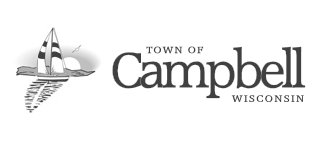The DNR is seeking public comment on a draft Economic Impact Analysis for proposed drinking water standards, referred to as Maximum Contaminant Levels (MCLs), for the two Per- and Polyfluoroalkyl substances (PFAS) known as perfluorooctanoic acid (PFOA) and perfluorooctane sulfonic acid (PFOS). A preliminary draft of the EIA and a draft of the board order are available for download under DG-24-19 on the DNR’s proposed permanent administrative rules webpage.
PFAS are a group of human-made chemicals used for decades in numerous products, including non-stick cookware, fast food wrappers, stain-resistant sprays and certain types of firefighting foam. These legacy contaminants have made their way into the environment in various ways, including spills of PFAS-containing materials, discharges of PFAS-containing wastewater to treatment plants and the use of certain types of firefighting foams.
PFAS in surface water and groundwater sources that supply Wisconsin’s drinking water threatens public health, welfare and safety.
Establishing enforceable maximum contaminant levels for certain PFAS in drinking water is necessary to protect public health. If MCLs are exceeded, a corrective action plan must be implemented to protect public health, welfare and safety in drinking water.
Under the revised rules, the department will require testing at a frequency like other synthetic organic compounds with Safe Drinking Water Act MCLs. This testing would occur at least every six years but may be as often as every quarter for a small subset of public water systems, depending upon the levels of PFAS contaminants detected. This will affect approximately 2,000 public water systems.
Pursuant to s. 227.137, Wis. Stats., the department is required to solicit comments on the economic impact of proposed rule DG-24-19 and, if requested, to coordinate with local governments in the preparation of the EIA. Notice is hereby given that the Department of Natural Resources will accept written comments on the EIA until July 31, 2021. Comments may be submitted electronically to DNRNR809Comments@wisconsin.gov or may be mailed to:
Adam D DeWeese – DG/5
Wisconsin Dept. of Natural Resources
P.O. Box 7921
Madison, WI 53707
If you require assistance accessing or downloading the information, contact us via email at DNRNR809Comments@wisconsin.gov.
